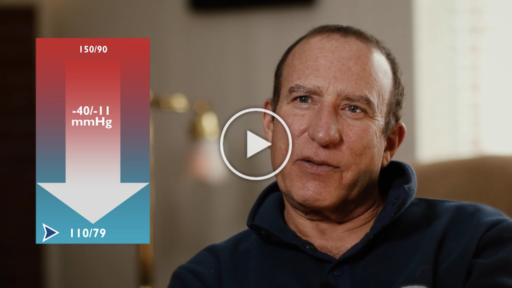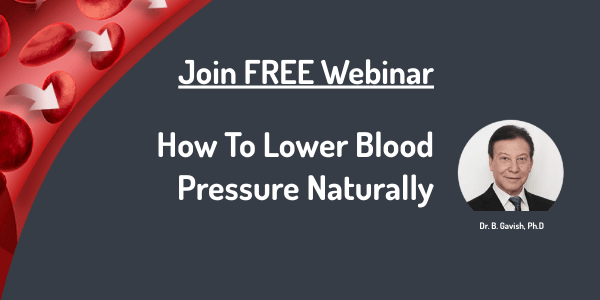Is turmeric good for high blood pressure? Turmeric (Curcuma longa) contains a strong antioxidant called curcumin.
Curcumin is also a potent anti-inflammatory, it helps lower blood cholesterol, and it has anti-clotting properties. Curcumin helps keep blood vessels healthy by protecting cells from damage, thereby allowing a smoother flow of blood.
Curcumin can also dilate arteries. Researchers conclude that curcumin works much the same way as ginger as it inhibits the transport of calcium, which acts as a chemical messenger that tells muscle cells to contract, thereby dilating the arteries. Therefore, taking turmeric for high blood pressure, due to its active ingredient curcumin, can be a useful remedy.
Turmeric is available in liquid extracts and capsules containing the powder. Adults can take 400 to 600 mg of standardized curcumin powder 3 times daily. For extracts, take 30 to 90 drops daily. For dried cut root or dried powdered root, 1.5 to 3 grams per day are recommended.
Turmeric and blood pressure
One of the challenges with curcumin is that humans have extremely poor absorption of curcumin in the gastrointestinal tract. And so, Turmeric blood pressure remedies are not perfect.
When we take a powdered form (as capsules), the curcumin itself is not absorbed but breaks down into a number of metabolic products which are much less beneficial than the curcumin itself.
However, mixing curcumin with fish oil, coconut oil, or extra virgin olive oil dramatically increases absorption—up to seven times improvement.
If you don’t want to fool with that mixing mess and want a relatively inexpensive supplement form, use the curcumin phytosome complex supplements that are readily available. Recent research has shown that this form’s bioavailability in the human body is approximately four times better than plain curcumin.
Here is a short video on turmeric and blood pressure and other benefits:
Is Turmeric Safe?
Turmeric is safe for most people when consumed in amounts found in food. But turmeric can have side effects when taken in large doses. Some supplements contain up to 500 milligrams of turmeric extract, and their labels recommend taking four capsules per day.
Watch How Mark Lowered His Blood Pressure Naturally. It was 150/100, this morning it was 110/79 Watch Video
High doses of turmeric can lower blood sugar or blood pressure, which means people taking diabetes or blood-pressure medication should use caution while taking turmeric supplements. People preparing for surgery should avoid turmeric supplements because turmeric can increase the risk of bleeding. Turmeric may also interfere with how the liver processes certain drugs, so it is best to consult a doctor before taking large doses of turmeric alongside medication.
Blood thinners can interact with large doses of turmeric, as can drugs that reduce blood clotting. People may experience bleeding or bruising when combining large doses of turmeric with aspirin, warfarin, antiplatelet drugs and NSAIDs, such as ibuprofen.
Turmeric also increases the blood-thinning effect of herbal remedies, including angelica, clove, Danshen, garlic, ginger, ginkgo, Panax ginseng, red clover, and willow, Ulbricht said. Other medications, such as those for reducing stomach acid and diabetes, can also have their effects affected by turmeric supplements.
Other health benefits of turmeric
Turmeric has long been known for its anti-inflammatory, antibacterial and detoxification properties, and recent studies have indicated that it is effective in treating Alzheimer’s disease.
Speak With Your Physician
When using alternative forms of treatment, it is always best to consult your physician. For example, I was in coumadin to prevent blood clots after I had major surgery. I was on them once daily for 21 days.
At the same time, I was using turmeric to decrease the inflammation in the knee joint. One afternoon I accidentally cut myself and began bleeding. We were unable to stop the bleeding for almost 30 minutes. I came to find out that taking both the coumadin and the turmeric really decreased my clotting factors. Thus stopping the bleeding took longer than usual.
So consult your physician or pharmacist to learn if there are any drug interactions before starting any alternative medicines.








 Download Brochure
Download Brochure